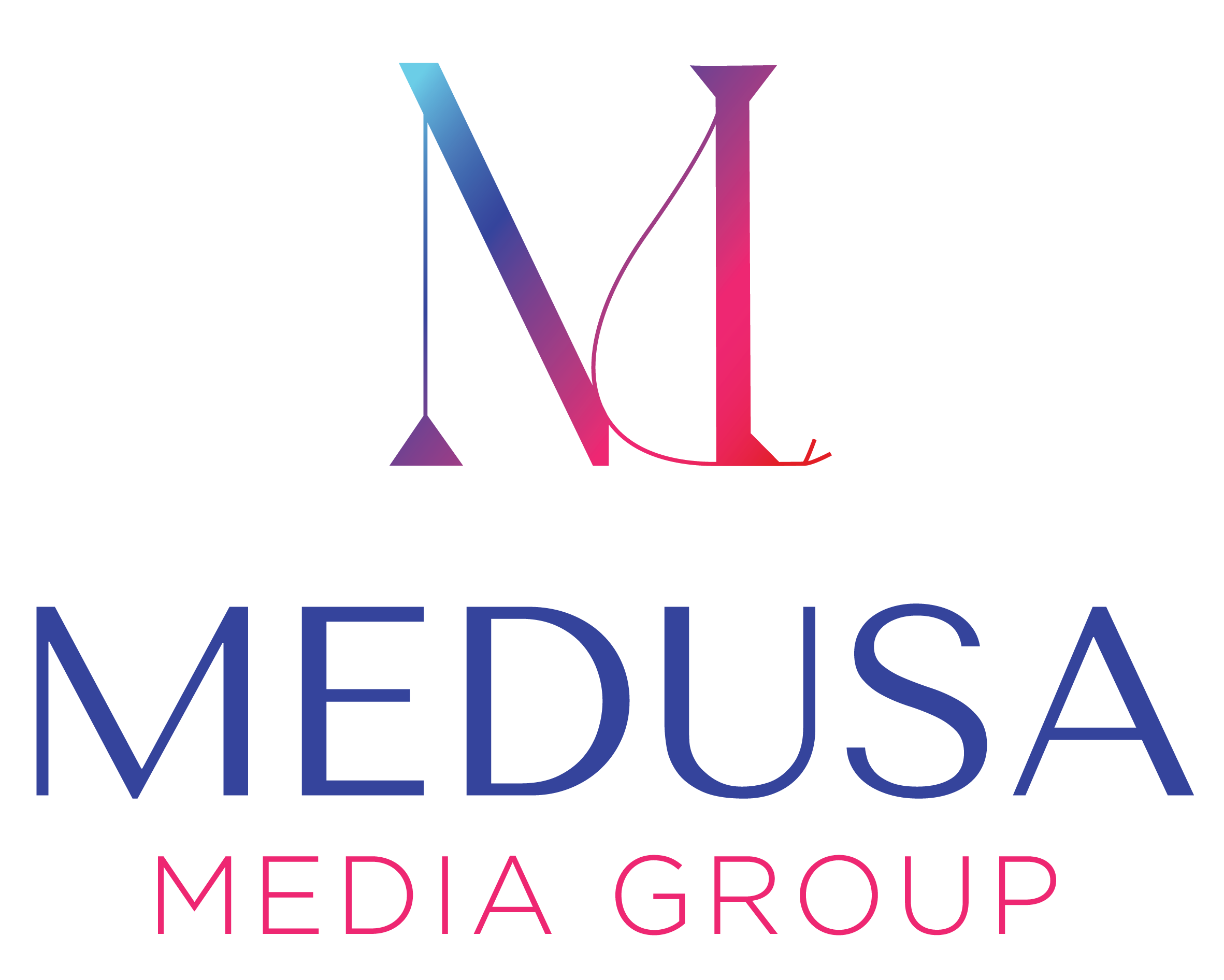![]()
This is a story about how planning and tracking your time will give you more control and power. Simple though it is, planning and tracking gives you insight into this grand adventure we’re all doing: L I F E. Knowing how you spend time gives you an honest view of what your life is actually like in the units by which we measure each day: minutes and hours. Time tracking and its best friend, time planning, let you know yourself and your life more intimately.
They give you the dose of realism you might need to make big changes. They give you the cumulative data you might need to advocate for yourself.
They say time is our most precious commodity. And unlike money, it’s nonrenewable. Too often we find ourselves wondering where time went. How did it get to be five o’clock with so many tasks left to do? Time tracking will tell you if it’s because you overestimated how many tasks fit in eight hours, or spent two hours puttering around on Facebook (perhaps a combination of both!). Time tracking gives you knowledge. And knowledge is power.
It only takes 30 minutes to plan
Last Friday I finally did something I’d meant to do for ages: I spent thirty minutes planning the following week.
If your eyes just glazed over in boredom, bear with me. You know you’re supposed to plan in advance. You’ve read the science about decision fatigue. You know that you will feel better and get more done if you hit your desk on Monday morning with the day already planned. You don’t have to spend any time deciding where to start. You did that last Friday.
In addition to this efficient and feel-good-hack practice, week planning gives the benefit of a much needed reality check. Let’s say you have the idea that next week you’ll write two articles, serve seven clients, keep up with emails, listen to a podcast, and read up on your industry. Think again. Planning forced me to *actually* select times when I would get to all my tasks, which quickly led me to the realization that there weren’t enough hours to write those articles AND listen to the podcast AND read industry news. I had to prioritize. What happened as a result? I felt less behind! Instead of being overly ambitious about what I’d achieve in a day, I was realistically ambitious. Instead of constantly feeling behind, I felt like I was doing enough.
Meet the guru of time tracking
However, as that first planned week wore on, I learned that I was still overly ambitious. What made that obvious? One of my favorite time tricks in the book: time tracking.
I started time tracking in 2013, after meeting Laura Vanderkam at a conference. Laura is the empress of time tracking. She’s written the books and done the studies and offers tremendous insight into the lies we tell ourselves about time – and how we can transform our relationship with time into an honest, if not loving, partnership. How we remember or feel about time is notoriously unreliable, but numbers can’t lie. When the amount of time you spend sleeping or exercising is neatly tallied on a spreadsheet, you have to reckon with reality.
Laura’s system is simple: she recommends using a spreadsheet to track how you spend your time, with each cell counting for thirty minutes. I use this system to plan AND track. When I was allotting time for my Monday tasks on that Friday afternoon, I was filling out cells on my spreadsheet. That’s the planning part. When the day came and things don’t go according to plan, I refilled the cells to reflect how I actually spent my time. I use color coding for planning and tracking, for a quick visual overview of what I’m doing and when. The colors also make me happy:
How does this help?
Why would you track your time? If you work for a salary, start noting how long each of your responsibilities takes you. You may be surprised to find that some low-impact tasks take a lot of time, whereas tasks with high ROI go quickly. You may find that unnecessary meetings take up a quarter of your working hours each week. This information gives you the knowledge and data you need to go to your boss and suggest some changes. Companies don’t want to waste your time. If time tracking shows that you could be a great contribution by replacing X task with Y task, that’s good for you and the company! I would be impressed if an employee said, “I’ve been tracking how long it takes me to find, comment on, and save Pins. I think it would be more effective to use half of that time pinning unique content to community boards.” Hell yes! That is valuable feedback and insight, and shows how much my employee wants to move my company forward.
If you work for yourself, the benefits are equally compelling. If you sell your time by the hour, time tracking is an obvious way to monitor how much you’re working for each client and how much you’re working for yourself. Even if you sell products or packaged services, time tracking gives you insight into how effective those packages are products are. Your spreadsheet tells you if you’re spending twice as many hours on one client as another, for the same package price. It tells you how long it took to develop and write the sales page for that product, compared to your other products. I also track how long each type of task takes for my clients. This data lets me estimate how long different marketing efforts take, which helps my clients budget. It also lets me measure the ROI of different tasks. If it takes three hours a month to write a marketing email, and the open rate is only six percent, well, something needs to change.
Knowledge is power
We are ambitious people. We have Big Audacious Goals and many things we want to do. Yet the daily grind can distract us from making progress on those goals. Weeks pass in a blur of working, relaxing, and socializing, and unless we intentionally make time for our goals, they don’t happen. This is where planning and tracking are especially powerful: holding you accountable for the things YOU want to do. Laura Vanderkam often emphasizes the importance of planning your priorities first. If it’s important to you to get more cardio or write a book, plan that for Monday morning – not for Friday night. Then track how long it takes you, and watch those numbers grow over time. There’s nothing like seeing the tangible evidence of progress toward your goals in little numbers on a spreadsheet.
Planning and tracking are most gratifying when they show me that I’m doing what I need to do and what I want to do. One of the greatest benefits of being an entrepreneur is having flexibility to decide where I spend time. The knowledge that comes from planning and tracking gives me power: power to make changes if the way I’m spending time doesn’t align with my goals or values (business-related or otherwise). For example, this winter I knew I wanted to get as much sunshine as possible. So I schedule daily walks on my spreadsheet around noon, and I treat them with the same respect I treat a client meeting. If I didn’t plan those walks, they wouldn’t always happen. If I didn’t track them, I wouldn’t get the satisfaction of seeing how many hours I spent outside each week or feel the radiant energy of that burning ball of gas in our sky.
(Image by Glen Carstens-Peters)
What’s one of your goals? How could time planning and tracking help you achieve it? Share in the comments!





